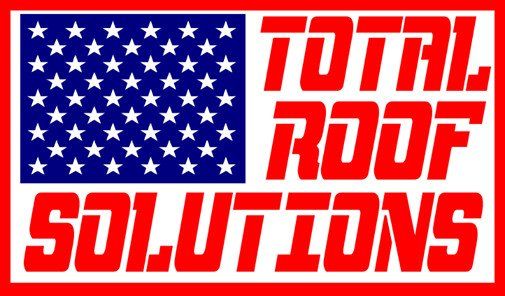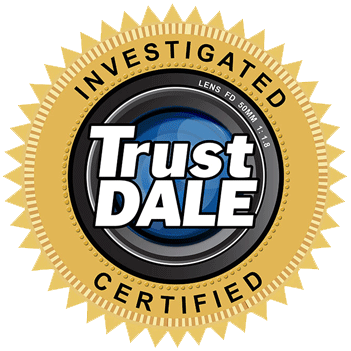Call Now for a FREE Roofing Estimate | 470-333-7863
Key Insights Into Residential Roofing Warranties in Atlanta
Does the phrase "buyer beware" ring a bell? Well, regarding roofing warranties, it should. Not all roofing companies are as reputable as you'd hope, and their warranties can have hidden pitfalls in the fine print. Taking the time to research and understand how warranties work as well as what elements are essential for your financial protection is worth it. A little time investment before you sign could end up saving you both money and heartbreak in the long run.
Understanding residential roofing warranties in Atlanta is essential for homeowners seeking peace of mind in their roofing projects. This article will cover the various types of warranties available, key elements included in these warranties, and common misconceptions that may lead to costly mistakes. By gaining this insight, homeowners will be better equipped to make informed choices, ensuring they partner with a premier roofing company that values quality in metal and asphalt shingle roofing. Addressing these topics will help clarify the complexities of warranties, ultimately protecting your investment in residential roofing in Atlanta.
Understand the Types of Residential Roofing Warranties in Atlanta
Understanding residential roofing warranties in Atlanta involves examining various aspects of coverage. This includes exploring manufacturer warranties, which can dictate terms and options, and assessing workmanship warranties that outline contractor commitments. Differentiating between transferable and non-transferable warranties, along with evaluating limited lifetime choices, ensures homeowners receive long-term assurance. Lastly, a comparison of structural and non-structural elements reveals essential insights for effective residential roofing in Atlanta roof repair and maintenance. GAF certified residential roofing atlanta roofers can provide valuable guidance in navigating these warranty types.
Examine Manufacturer Warranties and Their Coverage Options
Manufacturer warranties play a crucial role in the overall protection of residential roofing systems in Atlanta. These warranties vary in duration and coverage, often extending from 20 years to a limited lifetime, depending on the material used and the manufacturer's policies. Homeowners should consult with roofing professionals to understand specifics about how these warranties cover materials, including any faults or defects that could impact the roof’s energy efficiency and longevity.
In addition to identifying warranty terms, it is important to consider aspects like installation adherence to manufacturer guidelines. Roofing professionals can help ensure compliance, which often becomes vital for warranty enforcement. Furthermore, many manufacturers offer warranties that may be transferable, adding value for homeowners who plan to sell their property. Exploring these options will equip homeowners with the necessary insights to make informed decisions regarding residential roofing services.
Review Workmanship Warranties and Contractor Commitments
Workmanship warranties are integral to ensuring that roofing services meet high standards in the greater metro Atlanta area. These warranties, provided by top roofing contractors, guarantee the quality of the installation and protect homeowners against potential errors that may arise after the project is completed. A reputable contractor will offer a clear warranty that outlines what is covered, typically including labor and installation errors, ensuring that the homeowner has support if issues occur.
For homeowners looking for peace of mind, it is advisable to seek out contractors who offer a free roof inspection before commencing work. This not only highlights any existing problems but also demonstrates the contractor's commitment to providing reliable roofing services. By engaging a top roofing contractor with a solid workmanship warranty, homeowners can secure their investment, confidently knowing that any future complications will be addressed swiftly and efficiently.
Differentiate Between Transferable and Non-Transferable Warranties
Understanding the difference between transferable and non-transferable warranties is essential for homeowners considering roof services in Atlanta. Transferable warranties allow the coverage to be passed on to a new owner if the property is sold, making them attractive for homeowners thinking about the long term. This feature can enhance the property's market value, as it provides future buyers with assurance regarding the roofing system and associated customer service.
In contrast, non-transferable warranties offer coverage only to the original owner, which may limit their practical benefit if the home is sold. Homeowners should consider their plans for the property before selecting an extended warranty type. Consulting with experienced roofing contractors can provide valuable insights into which warranty best fits individual needs, ensuring that residents in various zip codes receive the optimal protection for their commercial roofing and residential projects.
Assess Limited Lifetime Warranties for Long-Term Assurance
Limited lifetime warranties provide homeowners in Atlanta with significant protection against common roofing issues such as water damage, leaks, and impacts from wind and hail. These warranties are often tied to specific materials and require proper installation by licensed contractors to be fully valid. Homeowners can benefit from peace of mind knowing that even in severe weather conditions, their roofing system is supported by long-term coverage that allows for effective roof repair if needed.
Moreover, homeowners thinking about future property value should consider limited lifetime warranties as a compelling selling point. When prospective buyers see an ongoing commitment to the roof's integrity, it can alleviate concerns over potential costs related to leaks or storm damage. Engaging a professional roofing contractor knowledgeable about warranty details and local conditions can help ensure that residents receive the most advantageous terms for maintaining their roofing systems.
Compare Structural and Non-Structural Coverage Elements
When comparing structural and non-structural coverage elements in roofing warranties, it is essential to recognize how each aspect contributes to the overall longevity of residential roofs. Structural coverage typically addresses critical components, such as decking, rafters, and other supporting structures, ensuring they remain intact under various weather conditions. Proper installation by experienced roofers can significantly enhance this coverage, offering peace of mind to homeowners who seek reliable solutions to protect their investment.
On the other hand, non-structural coverage involves warranty protection for materials like shingles, including options from reputable brands such as Owens Corning. This type of coverage often focuses on issues like color fading and material defects, thus providing homeowners with a safeguard against premature wear. Understanding both structural and non-structural elements is vital for homeowners looking to tailor their roofing warranty to their needs, ensuring comprehensive protection for their roofs throughout the years.
Analyze Key Components of Roofing Warranties Available
Understanding the key components of roofing warranties available for residents in Atlanta is essential for making informed decisions. This section identifies coverage limits for material damage and defects, evaluates exclusions in warranties, and recognizes the claim procedures alongside necessary documentation. It will also discuss customer service and support channels to ensure ongoing customer satisfaction, highlighting the role of an Atlanta roofing contractor in the warranty process.
Identify Coverage Limits for Material Damage and Defects
In the context of residential roofing warranties, coverage limits for material damage and defects are crucial for homeowners to understand. Many warranties define the specific damage types that are included, such as defects in roof shingles or degradation caused by weather conditions. A reputable roofing contractor can help customers navigate these limits, ensuring they comprehend what is covered and any potential out-of-pocket expenses related to replacement.
Moreover, it is essential for homeowners to be aware of exclusions in their warranties, as these can significantly affect claims for material damage. Common exclusions may involve damages from improper installation or lack of maintenance. Engaging with a qualified roofing contractor can provide customers with insights on how to maintain their roofs effectively, catering to long-term stability and helping avoid situations that could lead to costly repairs or replacement later on.
Evaluate Exclusions and What Isn't Covered by the Warranty
Understanding the exclusions in residential roofing warranties is vital for homeowners navigating roof replacement in Atlanta. Many warranties do not cover damages resulting from improper installation practices, which underscores the importance of hiring a reliable roofing company. GAF Master Elite contractors, known for their workmanship, often provide warranties that include specific exclusions related to improper maintenance and natural disasters. Recognizing these exclusions can help homeowners avoid unexpected costs later on.
Homeowners should also be aware that certain types of damage, such as cosmetic issues, might not be included under warranty terms. For example, fading shingles or minor dents from hail may fall outside the scope of coverage. Seeking a free estimate from a qualified roofing company can provide clarity on what warranties cover and exclude. Engaging in discussions about these factors with roofing professionals ensures that homeowners make well-informed decisions about protecting their investment.
Recognize Claim Procedures and Necessary Documentation
Recognizing the claim procedures and necessary documentation for roofing warranties is essential for homeowners in Atlanta. When issues arise with a bitumen or metal roof, homeowners must gather evidence, such as photographs of the damage and receipts for repair or installation work. Consulting with a residential roofing contractor can streamline the process, as they often have experience navigating warranty claims and understanding the specific documentation required to ensure a timely resolution.
When filing a claim, it is important for homeowners to follow the manufacturer's guidelines closely to avoid complications. Details such as dates of installation, warranty registration, and maintenance records should be provided to roofing experts during this process. By being organized and thorough, homeowners not only improve their chances of a successful claim but also reinforce their relationship with premier roofing contractors who can assist them in future projects and warranty matters.
Discuss Customer Service and Warranty Support Channels
Customer service and warranty support channels are essential for homeowners navigating roofing issues in Atlanta. A reliable roofing business should provide accessible contact options for inquiries about warranty claims and concerns related to roof maintenance. Strong customer support can enhance the experience for residents, ensuring their questions are answered promptly and efficiently, further reinforcing their choice in Atlanta roofing contractors.
Furthermore, effective warranty support not only streamlines the claims process but also helps address common issues promptly, allowing homeowners to maintain their roofs adequately. Quality Atlanta roofing contractors often excel in communication, offering clear guidance and detailed instructions on how to utilize warranties for effective resolution of any roofing problems. This proactive approach can significantly contribute to the overall satisfaction of property owners, strengthening their investment in commercial roofing services and enhancing the lifespan of their roofing systems.
Discover Common Misconceptions About Roofing Warranties
Misconceptions about roofing warranties can lead to confusion for homeowners in Atlanta. First, it is important to clarify myths surrounding warranty transfers, as they can enhance property value and assurance. Next, understanding how homeowner negligence affects warranties is essential, followed by insights on warranty duration and the confusion regarding warranty voids and suspensions. Each topic offers valuable perspectives from industry experts, ensuring informed decisions for residents in Buckhead and beyond.
Clarify the Myths Surrounding Warranty Transfers
Many homeowners believe that warranty transfers are a complex process only applicable to certain types of roofing systems. In reality, most reputable residential roofing warranties in Atlanta allow for the transfer of coverage from the original homeowner to a new owner, enhancing property value significantly. Understanding this aspect becomes crucial, especially when considering the potential impacts of severe weather on a property's roof tiles and siding.
Misinformation around warranty transfers often leads to missed opportunities for homeowners planning to sell their property. When warranties extend to the new owners, it not only reassures prospective buyers about the quality of the installation but also fosters confidence in the construction standards upheld by the contractor. Engaging with a qualified roofing contractor can help clarify the specific terms related to transferable warranties, ensuring homeowners make informed decisions that protect their investments.
Understand the Impact of Homeowner Negligence on Warranties
The impact of homeowner negligence on roofing warranties can significantly affect coverage and potential claims. Many warranties stipulate that proper maintenance is essential to preserve protection against material defects or damage. For instance, neglecting regular inspections or failing to address small leaks promptly may lead to denial of warranty claims, leaving homeowners with unexpected repair costs.
Homeowners should understand that warranty terms often highlight the need for adherence to maintenance guidelines. If a roof suffers damage due to improper care, manufacturers may refuse to cover the repairs. Engaging a knowledgeable roofing contractor can assist homeowners in maintaining their roofs according to warranty requirements, ultimately protecting their investments and ensuring long-term reliability.
Explain Misconceptions Related to Warranty Duration
Many homeowners in Atlanta misunderstand the duration of roofing warranties, believing they offer unlimited protection. In reality, most manufacturer warranties have specific terms that range from a limited duration of 10 to 50 years, depending on the materials used and the manufacturer's policies. It is essential for homeowners to scrutinize these terms with their roofing contractors to understand the actual coverage and any conditions that may affect the warranty's validity.
Another common misconception involves the belief that all warranties remain active for the lifetime of the roof. However, many warranties can become void if the roof is not properly maintained or if installation guidelines are not followed. By engaging with a certified roofing contractor, homeowners can receive guidance on warranty specifics, ensuring they comply with necessary maintenance practices to protect their roof investment effectively.
Address the Confusion About Warranty Voids and Suspensions
Understanding warranty voids and suspensions is crucial for homeowners in Atlanta who want to protect their roofing investments. Many homeowners mistakenly believe that warranties remain valid under any circumstance. However, several actions, including improper installation and lack of maintenance, can void a warranty, leaving owners liable for repairs that they expected to be covered.
Proactive maintenance and adherence to manufacturer guidelines play a vital role in maintaining warranty validity. Homeowners should regularly inspect their roofs and address issues promptly to prevent complications that could lead to denial of claims. Engaging a qualified roofing contractor familiar with local conditions can provide crucial support in ensuring that all maintenance practices align with warranty requirements, ultimately safeguarding the homeowner's investment in their roofing system.
Explore Best Practices for Maintaining Your Roof Warranty
To maintain a valid roof warranty in Atlanta, homeowners should adhere to specific best practices. Following routine maintenance helps ensure compliance with warranty terms, while documenting repairs and services is essential for potential claims. Scheduling regular inspections allows for early identification of issues, and effective communication with roofing contractors fosters a collaborative approach to maintaining the roof's integrity. These steps are vital for safeguarding investments.
Follow Routine Maintenance to Keep Your Warranty Valid
Routine maintenance is essential for homeowners in Atlanta to keep their roofing warranties valid. Regular inspections of the roof help to identify potential issues, such as leaks or damage from weather conditions, before they escalate into costly repairs. Engaging a qualified roofing contractor to perform these inspections ensures that the roof remains in optimal condition and meets the requirements set forth in the warranty agreements.
Additionally, maintaining accurate records of all maintenance and repair services is crucial for warranty compliance. Homeowners should document the dates and details of any work performed on the roof, as this information will be beneficial if a claim needs to be filed. By prioritizing routine maintenance and proper documentation, homeowners can safeguard their investment and ensure their roof continues to perform effectively while retaining warranty protections.
Document Repairs and Services for Warranty Purposes
For homeowners in Atlanta, documenting repairs and services is critical for maintaining the validity of roofing warranties. Keeping a detailed record, including dates and descriptions of any maintenance work, provides essential proof when filing a warranty claim. This practice not only facilitates a smoother claims process but also emphasizes responsible ownership, reflecting positively on the homeowner's commitment to roof care.
Engaging a professional roofing contractor to perform routine maintenance and repairs ensures that documentation is thorough and accurate. Contractors typically provide service reports that can be stored along with the homeowner's records. These reports, combined with invoices, offer valuable evidence should warranty coverage be needed, reinforcing the homeowner's ability to capitalize on their investment in the roofing system.
Schedule Regular Inspections to Identify Potential Issues
Scheduling regular inspections is a critical strategy for homeowners in Atlanta to identify potential roofing issues before they escalate. These inspections allow roofing professionals to examine roofs for signs of wear, damage, or improper installation that could jeopardize warranty protections. Early detection of issues not only helps maintain the roof's structural integrity but also ensures compliance with warranty requirements, providing homeowners with peace of mind.
Engaging experienced roofing contractors for these inspections enhances the overall maintenance strategy. Professionals can offer insights into specific concerns related to the local climate and materials used in the roofing system. This approach enables homeowners to address problems immediately, ultimately safeguarding their investment and ensuring their residential roofing warranty remains intact.
Communicate Effectively With Your Roofing Contractor
Effective communication with roofing contractors is essential for homeowners aiming to maintain their roof warranties in Atlanta. By discussing warranty specifics upfront, homeowners can ensure that their expectations align with the services provided. Addressing questions about maintenance requirements, coverage details, and any potential exclusions can prevent misunderstandings that might complicate future warranty claims.
Additionally, ongoing communication throughout the roofing project fosters collaboration and clarity. Homeowners should keep an open line with their contractor, providing updates on any observed issues and seeking guidance on necessary maintenance. This proactive approach not only solidifies trust but also reinforces the commitment to preserving the integrity of the roofing system, ultimately ensuring that the warranty remains valid and effective.
Compare Atlanta Roofing Warranty Options From Local Providers
Researching local roofing companies and their offerings is essential for homeowners in Atlanta when comparing warranty options. Assessing industry standards for warranties in Georgia provides a benchmark for expectations. Customer reviews and ratings offer insights into reliability, while recommendations from friends and family ensure trustworthiness. Each of these aspects plays a critical role in informed decision-making regarding residential roofing warranties.
Research Local Roofing Companies and Their Offerings
When researching local roofing companies in Atlanta, homeowners should prioritize firms that offer transparent warranty options and reliable service. It's beneficial to explore a variety of offerings from multiple contractors, comparing their manufacturer warranties, workmanship warranties, and customer support communications. This not only enhances understanding of the different coverage levels available but also helps identify which companies stand out for their commitment to quality and customer satisfaction.
A thorough evaluation of local contractors includes reading customer reviews and gathering insights from past clients. Recommendations from friends and family can provide trustworthy leads to reputable roofing companies in Atlanta. By focusing on companies that have a solid reputation and demonstrate a commitment to honoring warranty terms, homeowners can feel more confident in their chosen provider, ensuring their roofing needs are met effectively and efficiently.
Assess Industry Standards for Warranties in Georgia
In Georgia, industry standards for roofing warranties often dictate the expectations homeowners should have regarding coverage and support. Most reputable roofing contractors in Atlanta provide warranties that adhere to state regulations and manufacturer guidelines, ensuring that homeowners receive protection against defects and installation errors. These standards help establish a baseline for quality, which is crucial for property owners seeking reliable roofing solutions.
To effectively assess warranty options, homeowners should consider the range of coverage typically offered in the region. Many local roofing companies in Atlanta enhance their warranty packages by including comprehensive workmanship guarantees and transferable options. By understanding these industry standards, homeowners can make informed decisions and select roofing services that not only meet but exceed their expectations for long-term protection and value.
Evaluate Customer Reviews and Ratings for Insights
Customer reviews and ratings offer valuable insights that can greatly assist homeowners in Atlanta when evaluating roofing warranty options. By examining feedback from previous clients, individuals can gauge the reliability and quality of the services provided by local roofing companies. Positive reviews often highlight effective communication, adherence to warranty terms, and overall customer satisfaction, making it easier for potential clients to identify contractors that align with their needs.
Seek Recommendations From Friends and Family for Trustworthiness
Seeking recommendations from friends and family is a valuable strategy for homeowners in Atlanta looking for trustworthy roofing contractors. Personal experiences often provide insights into the quality of service, accountability, and reliability of local providers. When informed by firsthand accounts, homeowners can make more confident decisions regarding which companies to engage for their roofing needs, reducing the risk of dissatisfaction.
Additionally, recommendations can help homeowners uncover hidden gems among local roofing contractors that may not be as visible through online searches. Family and friends can share details about their warranty experiences, including how companies handled claims and addressed issues. This information can give potential clients a clearer picture of what to expect, aligning their expectations with the services available in Atlanta's competitive roofing market.
Learn About the Legal Aspects of Roofing Warranties
Understanding the legal aspects of roofing warranties in Atlanta is vital for homeowners. This section covers the warranty law framework, outlining the rights homeowners have under local warranty laws. It will also explore how local regulations influence warranty terms and provide guidance on actions homeowners can take if a warranty claim is denied. These insights are essential for ensuring compliance and maximizing protections.
Understand the Warranty Law Framework in Atlanta
The warranty law framework in Atlanta provides essential protection for homeowners regarding residential roofing warranties. Under local regulations, homeowners are entitled to specific rights that ensure fair treatment when claiming warranty coverage. These rights often include the responsibility of roofing contractors to uphold their warranty promises and provide transparent communication about coverage terms and conditions.
Additionally, understanding Atlanta's warranty laws helps homeowners recognize their recourse options if a claim is denied. Homeowners can engage with legal professionals or local consumer protection agencies to clarify their rights and obligations. This knowledge empowers residents to navigate the warranty process effectively, ensuring they maximize the protections afforded to them under local law while securing quality roofing services in Atlanta.
Review Your Rights as a Homeowner Under Warranty Laws
Homeowners in Atlanta have specific rights under warranty laws that protect them when dealing with residential roofing warranties. These rights typically ensure that roofing contractors fulfill their obligations regarding the quality of materials and workmanship outlined in warranty agreements. It is essential for homeowners to understand these provisions, as they pave the way for recourse if a warranty claim is denied, helping them navigate disputes more effectively.
Moreover, warranty laws require transparency from contractors regarding the coverage and terms associated with residential roofing warranties. Homeowners have the right to receive clear information about what is included and excluded from their warranties, which is crucial when evaluating potential claims in the future. Knowing these rights empowers homeowners to advocate for themselves, maximizing the protections available to them under Atlanta's construction regulations.
Explore How Local Regulations Impact Warranty Terms
Local regulations play a pivotal role in shaping the terms of residential roofing warranties in Atlanta. These laws establish the minimum standards that roofing contractors must adhere to, ensuring that materials and installation practices meet safety and quality benchmarks. For homeowners, this means that understanding local requirements can enhance their ability to enforce warranty claims effectively, as compliance with these regulations is often a prerequisite for coverage under many warranties.
Moreover, local regulations may dictate specific disclosure requirements concerning warranty terms, including what is covered, the duration of coverage, and any limitations. This transparency empowers homeowners to make informed decisions when selecting roofing services, as they can compare warranty offers with a clearer understanding of what protections are legally mandated. Engaging with licensed roofing contractors who are aware of these regulations can further safeguard a homeowner’s investment, ensuring that all warranty claims are appropriately supported by compliance with the law.
Know What to Do if a Warranty Claim Is Denied
If a warranty claim is denied, homeowners in Atlanta should first review the denial letter carefully to understand the reasons behind the decision. This document often outlines the specific grounds for denial, such as failure to comply with maintenance requirements or improper installation practices. Engaging a qualified roofing contractor to assess the situation can provide clarity on whether the denial was justified or if further action can be taken.
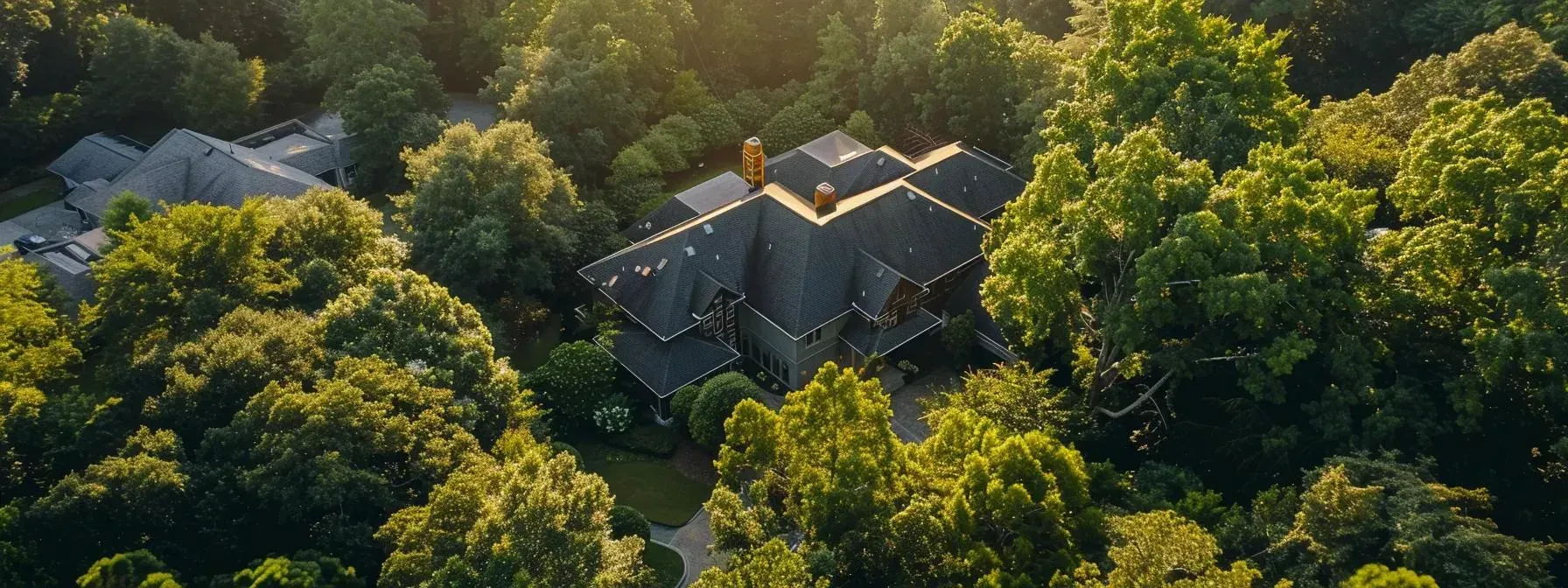

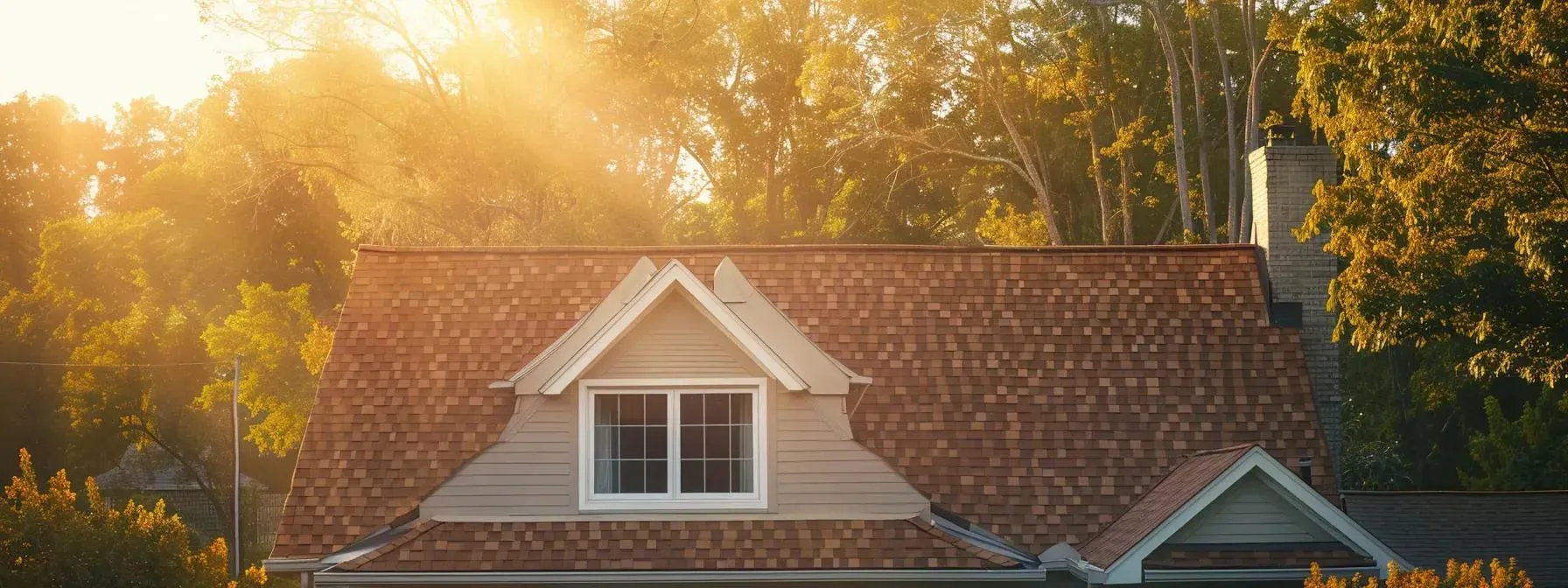

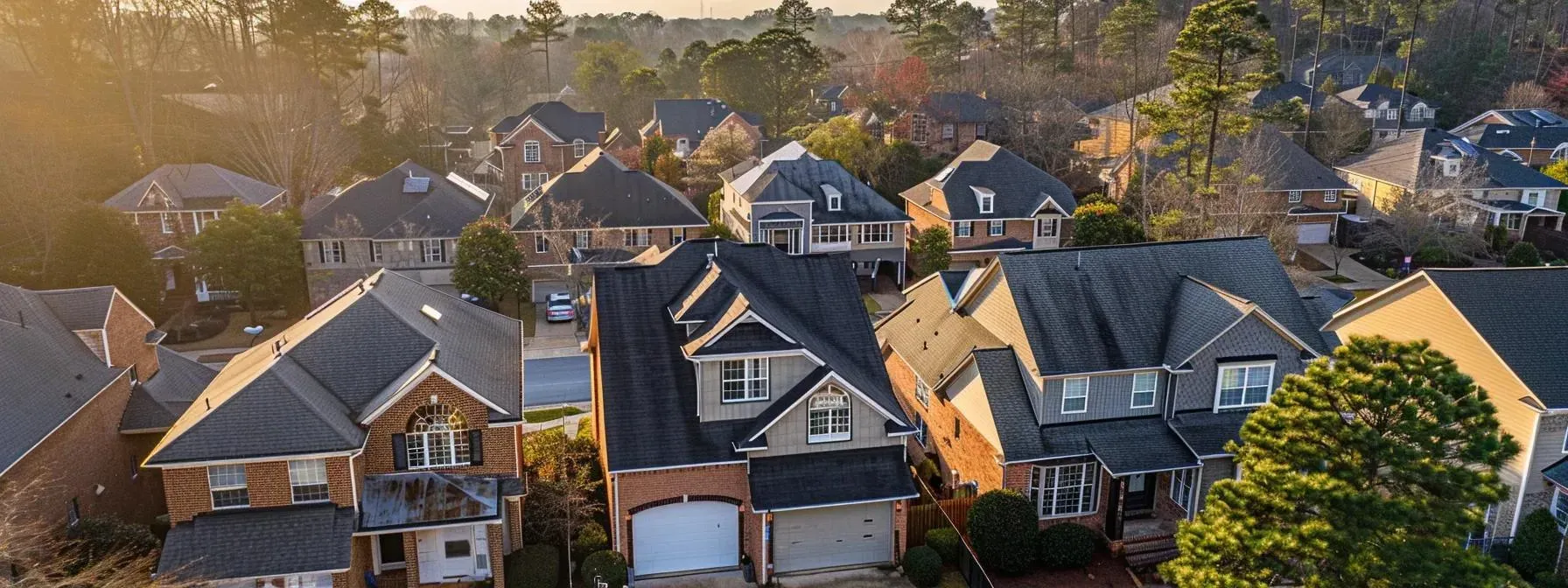

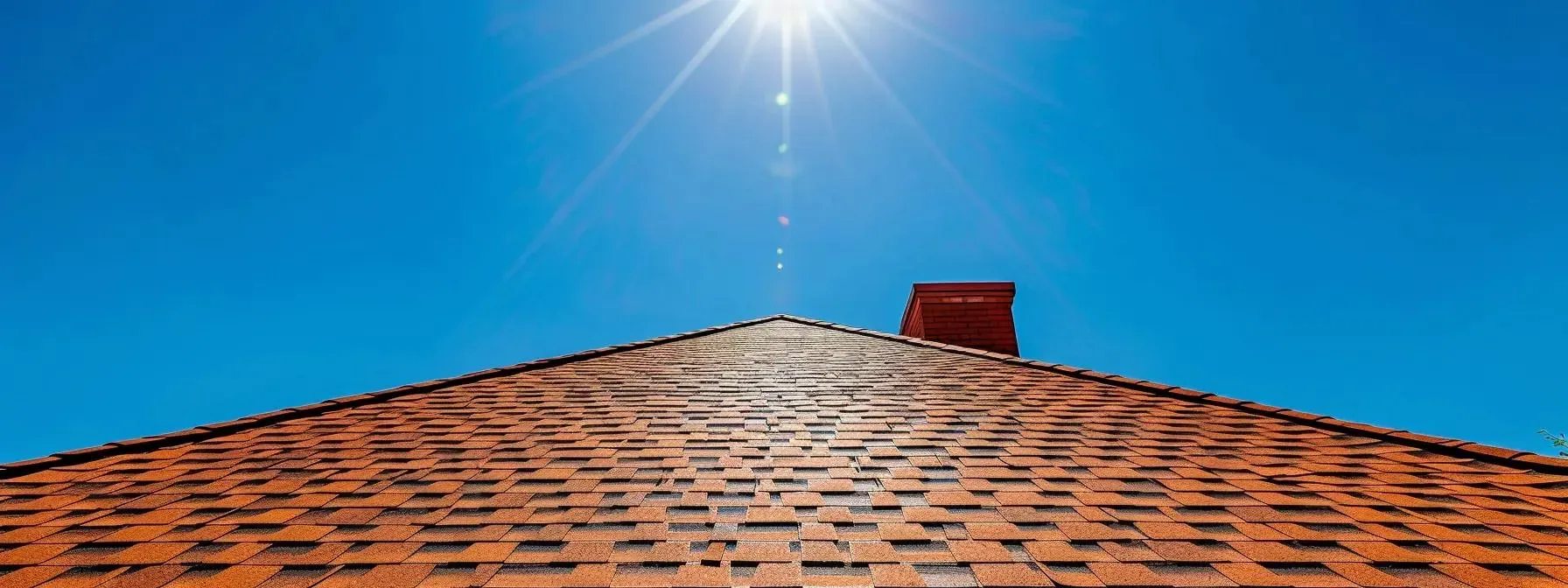
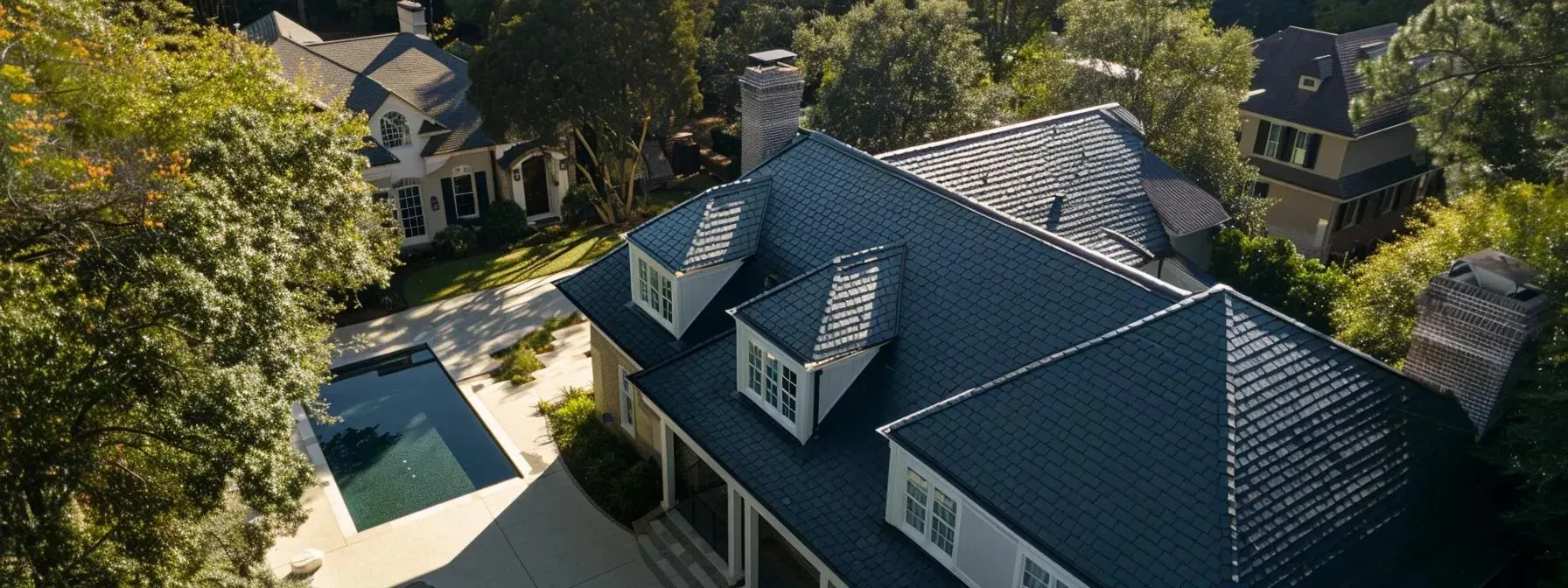

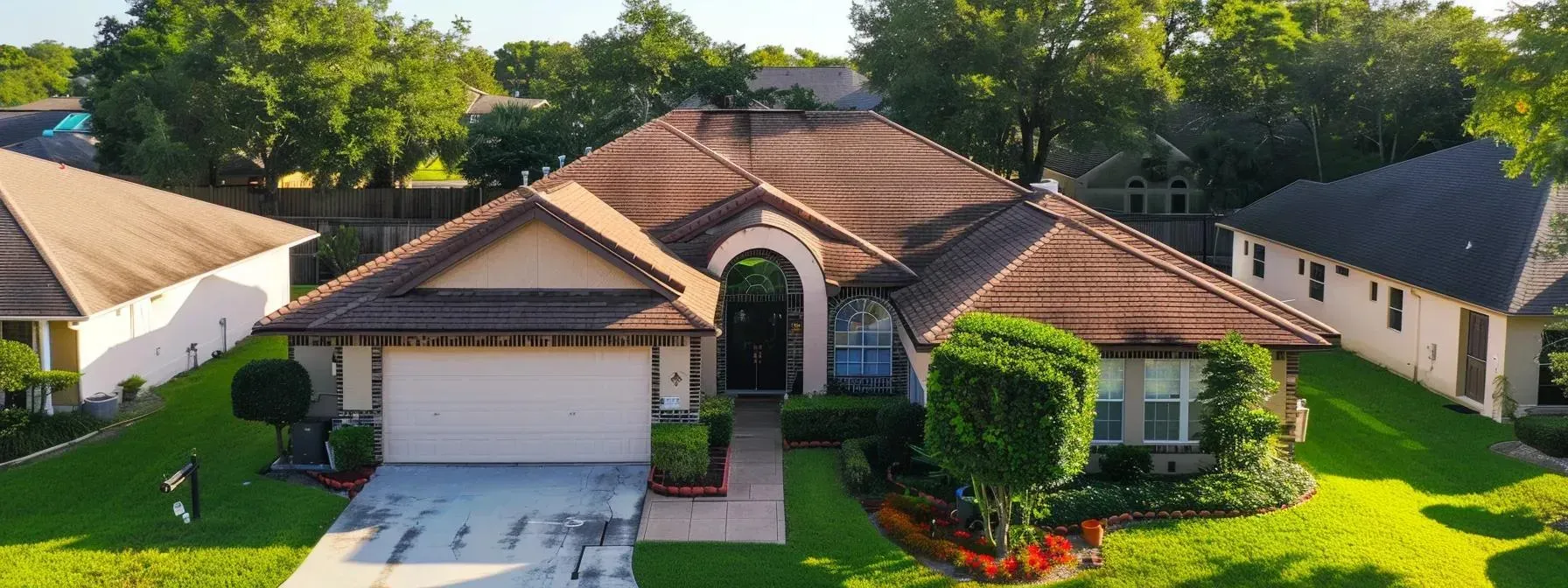
Total Roof Solutions provides the best home and business roofing and gutter installation and repair services in the McDonough area.
All Rights Reserved | Total Roof Solutions LLC | Privacy Policy
